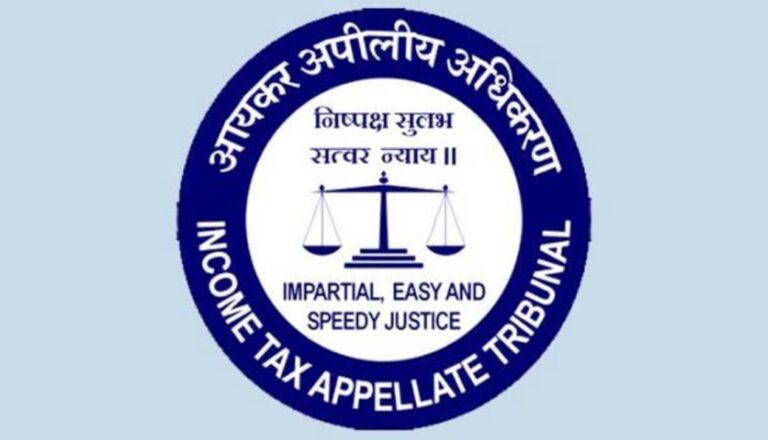The ITAT Hyderabad held that while the Commissioner of Income Tax (Appeals) [CIT(A)] has the power to set aside a best judgment assessment under section 144 of the Income Tax Act, 1961, he cannot do so without deciding on legal grounds raised by the assessee—particularly those questioning the very jurisdiction of the Assessing Officer (AO).
⚖️ Key Facts of the Case
- The assessee failed to comply with statutory notices, prompting the AO to complete the assessment under section 144 (best judgment).
- On appeal, the assessee challenged the jurisdiction of the AO, arguing that the entire proceedings were void ab initio.
- However, instead of adjudicating the legal challenge, the CIT(A) merely set aside the assessment and remanded the matter back to the AO for fresh adjudication.
🧾 Issue Before the Tribunal
Whether the CIT(A) was justified in setting aside the assessment without adjudicating the legal grounds raised by the assessee, including objections to the jurisdiction of the AO.
📜 ITAT Ruling
- The ITAT partly allowed the assessee’s appeal.
- It held that though the CIT(A) has the power to remand or set aside an assessment under certain circumstances, this power does not override the duty to adjudicate vital legal pleas, especially those related to jurisdiction or legality of the assessment proceedings.
- CIT(A)’s failure to consider the jurisdictional ground was a serious lapse.
- The matter was remanded back to the CIT(A) with a direction to first adjudicate on legal issues raised by the assessee.
📌 Key Takeaway
The CIT(A) cannot bypass adjudication on crucial legal objections raised by the assessee—especially those challenging the validity of assessment jurisdiction—even if he is otherwise inclined to remand the case for fresh proceedings. Proper adjudication is mandatory before exercising remand powers.
